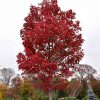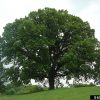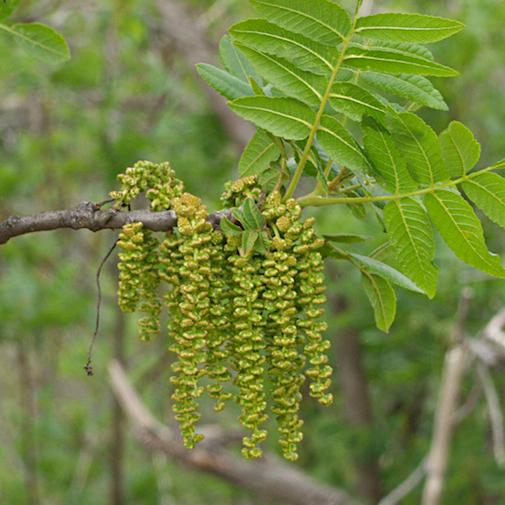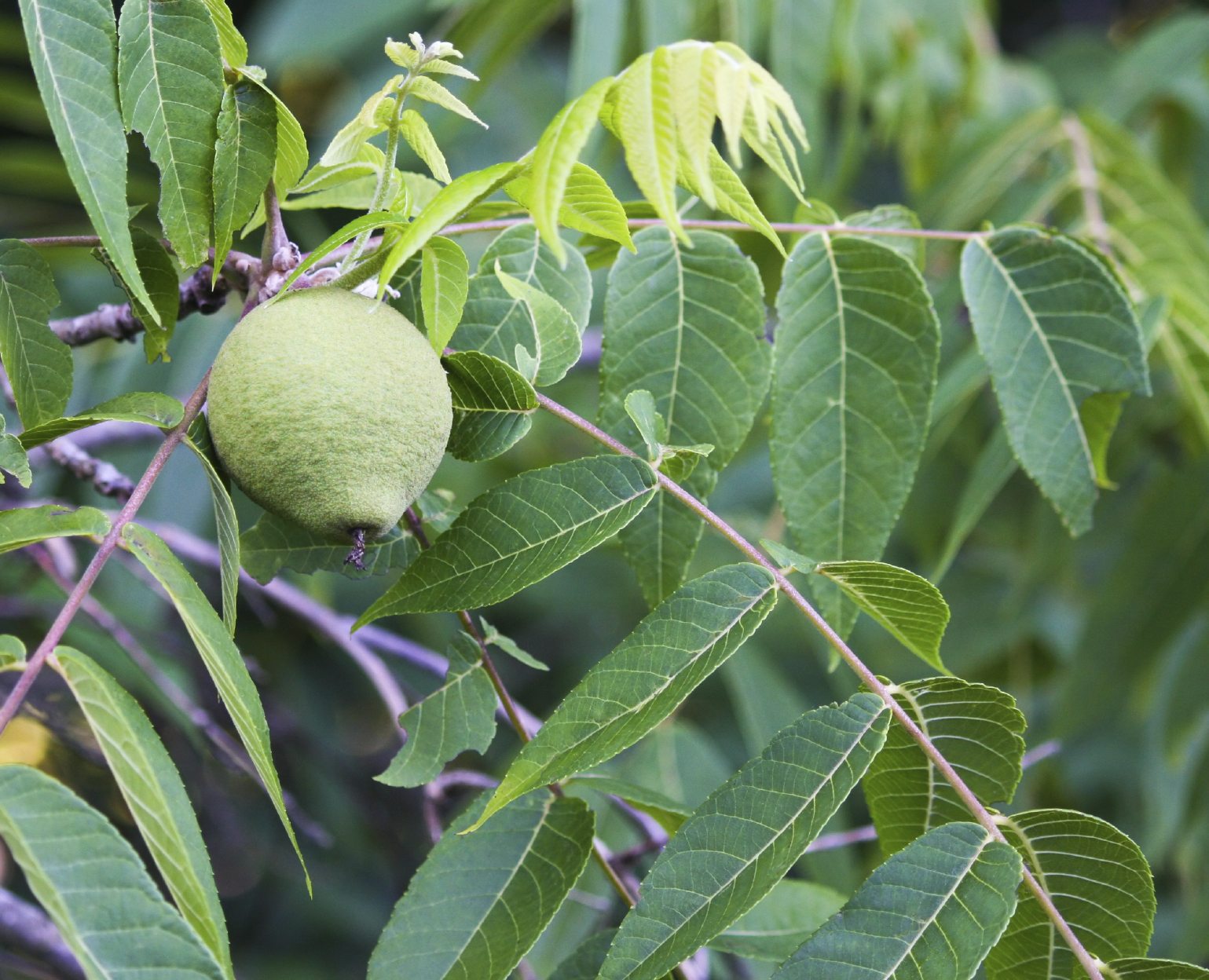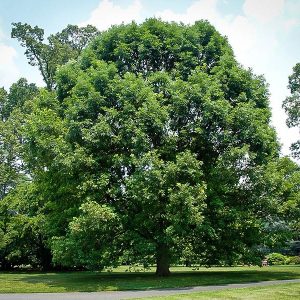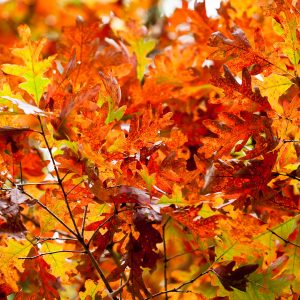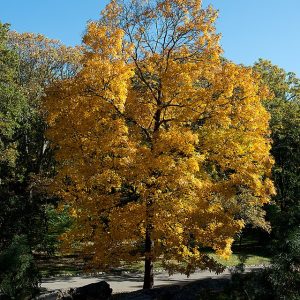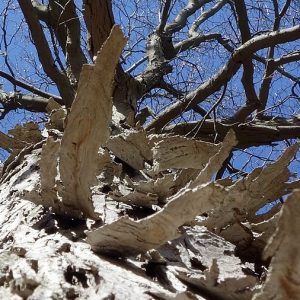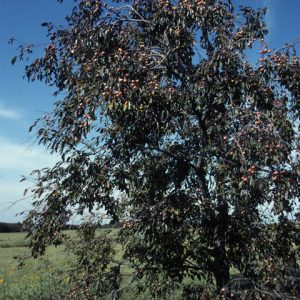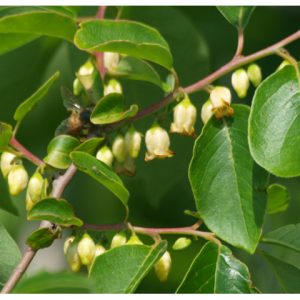Black Walnut
$19.00 – $48.00
- Produces nuts
- Valuable timber tree
- Shade tree
- Walnut tolerant
- Seedling height: 12″-18″
Height: 50ft-125ft
Spread: 30ft-70ft
Water Needs: Medium-Dry to Medium-Wet
Soil Needs: Sand, Loam, Clay-loam
Growth Rate: Fast
Description
| Black Walnut | |||
| Description | Black walnut (Juglans nigra) is a large, fragrant deciduous tree. It is highly prized for its lumber. Black walnut is known for its unique leaves, distinct fragence, and its nuts. Black walnuts, harvested in fall, are a wildlife favorite and can be used in dyes and baking. Black walnuts are more bitter than English walnuts. The tree attracts a lot of birds, butterflies, and other wildlife. It is an excellent tree for pastures. *Black walnut is rich in tannins which can kill plants around it unless they are resistant to black walnut. | ||
|
Size
|
Height | 50 -125 ft. | |
| Spread | 30 -70 ft. | ||
| Growth rate | Fast | ||
|
Needs
|
Sun | Full sun – part shade | |
| Water use | High | ||
| Soil | Moist, rich soils | ||
|
Bloom & Nut
|
Bloom time | April – May | |
| Bloom color | Yellow, green, brown | ||
| Fruit type | Nut | ||
| Edible/Inedible | Edible | ||
| Nativeness | Native | ||
| Benefits | Ornamental, good for wildlife, erosion control, lumber | ||
| Climate Change Hardiness | Medium adaptability (US Forest Service) | ||
Additional information
| Amount | 5, 10, 25, 50 |
|---|

